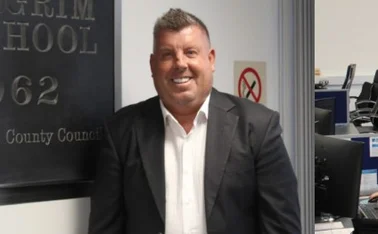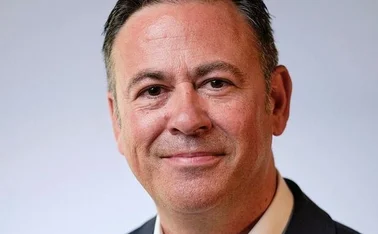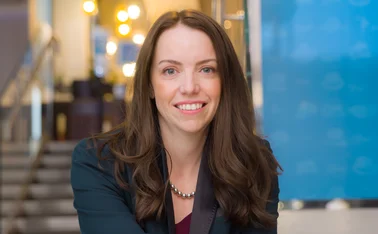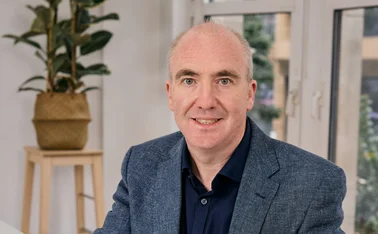
Profile: Gary Humphreys, Markerstudy

Making a mark: Markerstudy’s group underwriting director and second biggest shareholder Gary Humphreys tells Insurance Age about Brexit’s effect on regulation, acquisition strategies and the advantages of remaining unrated
Markerstudy’s Gary Humphreys is a busy man. As group underwriting director he spends most of his time heading up the company’s insurance division, which he says will write around £750m in premium this year. On a day-to-day basis this means devising the strategy, business planning and performance reviews, to name just a few tasks. But his job as the firm’s second-to-largest shareholder also includes sitting on the boards of all of the other companies within the Markerstudy group, which currently
Only users who have a paid subscription or are part of a corporate subscription are able to print or copy content.
To access these options, along with all other subscription benefits, please contact info@insuranceage.co.uk or view our subscription options here: https://subscriptions.insuranceage.co.uk/subscribe
You are currently unable to print this content. Please contact info@insuranceage.co.uk to find out more.
You are currently unable to copy this content. Please contact info@insuranceage.co.uk to find out more.
Copyright Infopro Digital Limited. All rights reserved.
As outlined in our terms and conditions, https://www.infopro-digital.com/terms-and-conditions/subscriptions/ (point 2.4), printing is limited to a single copy.
If you would like to purchase additional rights please email info@insuranceage.co.uk
Copyright Infopro Digital Limited. All rights reserved.
You may share this content using our article tools. As outlined in our terms and conditions, https://www.infopro-digital.com/terms-and-conditions/subscriptions/ (clause 2.4), an Authorised User may only make one copy of the materials for their own personal use. You must also comply with the restrictions in clause 2.5.
If you would like to purchase additional rights please email info@insuranceage.co.uk








